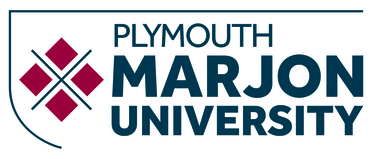Learning to Identify Fake News and Digital Misinformation: Lessons for Educators
Goodman, Rosie and Ord, Jon (2024) Learning to Identify Fake News and Digital Misinformation: Lessons for Educators. Educational Review. ISSN 0013-1911
|
Text
Learning to Identify Fake News and Digital Misinformation Lessons for Educators.pdf - Accepted Version Restricted to Repository staff only until 13 December 2026. Available under License Creative Commons Attribution Non-commercial No Derivatives. Download (91kB) | Request a copy |
Abstract
This UK-based study examines how people learned to identify digital misinformation. This included what experiences enabled this development, and the skills that were acquired in the process. This is a small-scale qualitative study of participants who self-reported as being confident in spotting digital misinformation and the data was analysed using a thematic network model. Three main organizing themes identified were: ‘Formal Learning’, ‘Informal Learning’, and ‘Sense of Self’. Participants reported that their formal educational experiences at primary and secondary school were largely unhelpful in their development of digital media literacy. Although a university education was identified as enabling the acquisition of some useful skills such as cross-referencing and critical thinking. Participants acquired most of their abilities to identify digital misinformation from what is best characterised as their informal learning experiences, most notable of which was the establishment of a strong sense of self-awareness. This was pivotal to the monitoring of emotional triggers which are often the crux of digital misinformation. This paper also highlights the importance of critical pedagogy which promotes an awareness of wider power structures underpinning what is now being widely referred to as ‘surveillance capitalism’. In conclusion, it is suggested that formal education could learn much from these informal educational processes which have been identified as being helpful in building criticality which is in turn integral to producing more digital media-literate citizens, and a population more resilient to digital misinformation.
| Item Type: | Article |
|---|---|
| Keywords: | Digital Misinformation, Digital Media Literacy, Informal Learning Experiences, Self-Awareness, Education Policy & Practice |
| Depositing User: | Ms Raisa Burton |
| Date Deposited: | 22 May 2024 13:10 |
| Last Modified: | 19 Jun 2024 08:27 |
| URI: | https://marjon.repository.guildhe.ac.uk/id/eprint/17835 |
Actions (login required)
 |
Edit Item |

